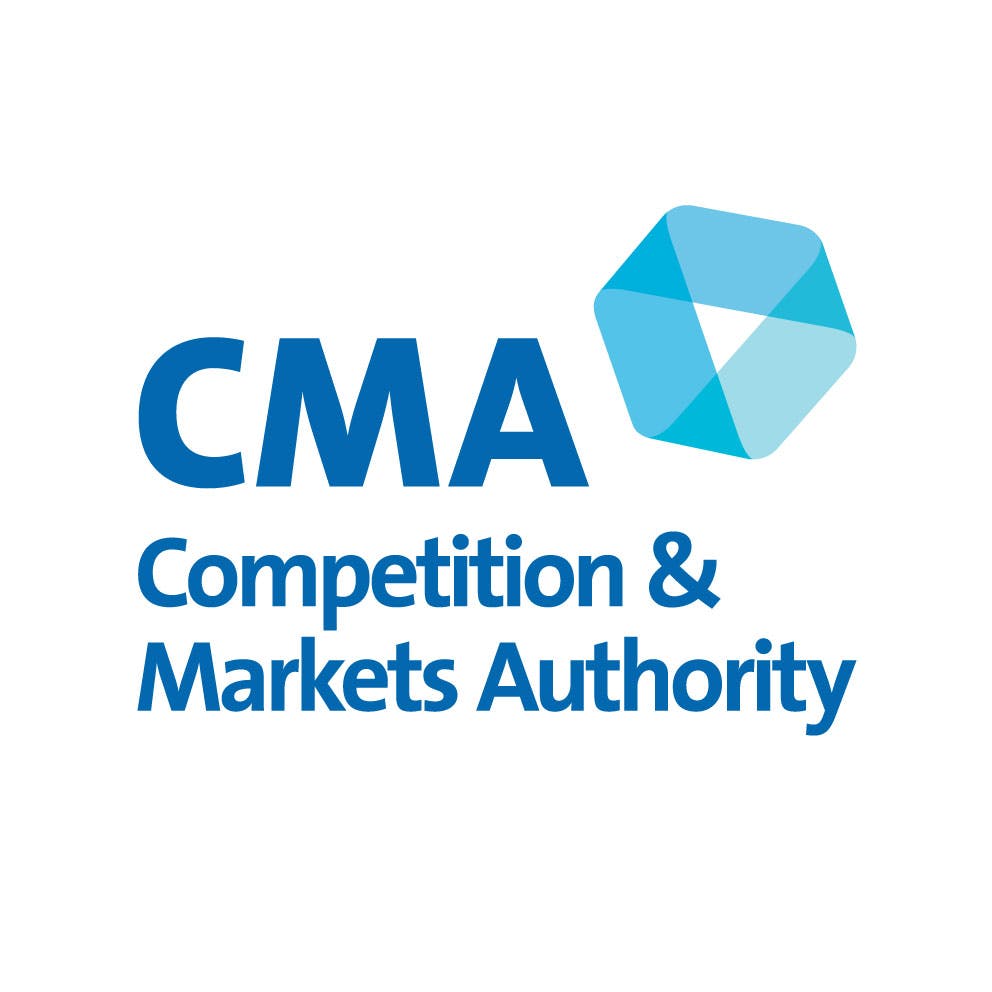Leniency and no-action in cartel cases
The Competition and Markets Authority's (CMA) purpose is to help people, businesses and the UK economy by protecting competition and tackling unfair behaviour.
Consultation outcome
We have updated our guidance on leniency and no-action applications in cartel cases.
About this consultation
We invited views on proposed changes to guidance on applications for leniency and no-action in cartel cases (OFT1495).
Our leniency policy plays an important role in the CMA’s strategy to deter anti-competitive conduct by supporting and facilitating the effective detection and enforcement of cartel activity. The policy encourages firms and individuals who have been involved in cartel conduct to come forward and cooperate with the CMA in return for immunity from, or a reduction in, financial penalties, and immunity from criminal prosecution and/or protection from director disqualification proceedings. CMA’s leniency policy can increase compliance with competition law, thereby building trust in the UK economy. More effective compliance with competition law increases competition, leading to lower prices, as well as more innovation, choice, quality, security of supply, productivity, investment, and economic dynamism.
About the proposed changes
We are proposing a number of amendments to OFT1495 to ensure that the revised guidance reflects changes in relevant legislation, as well as developments in the CMA’s policy, experience and processes. Additionally, we have considered how the revised guidance could best ensure that the incentives offered by the CMA’s leniency regime are in the right place to support the CMA’s enforcement objectives. The CMA is also keen to ensure that the revised guidance provides clarity, predictability and transparency for applicants and their legal advisers about the CMA’s leniency policy and process.
What we are considering
Included within the scope of this consultation are:
- Applications for leniency and no-action in cartel cases - OFT1495
- the Quick Guide to Cartels and Leniency for Individuals (OFT1495i)
- the Quick Guide to Cartels and Leniency for Businesses (OFT1495b)
Further detail on the proposed amendments, including the rationale for these, is provided in the accompanying consultation document.
This consultation is now closed
This consultation closed at 5pm on Monday 9 June 2025.
Your personal data
Your name and contact details are your personal data. In collecting, receiving, storing, accessing and using your personal data, the CMA, as controller, is processing your personal data. The CMA processes personal data in accordance with data protection law. The CMA is processing your personal data so that it can contact you again, should it need further help or information from you, in order to carry out its statutory duty under section 88(4) of the Fair Trading Act 1973 (as preserved in Schedule 24 Enterprise Act 2002) to keep under review undertakings and orders.
For more information about how the CMA processes personal data and your rights relating to that data, read our privacy notice.


